Mendota’s Mayor
California Megadrought Spotlight
|
NEW ESRI StoryMaps: What's On Our Shelves & NWNL Song Library & No Water No Life ESRI |
California Megadrought Spotlight
Robert Silva
Mayor of the City of Mendota
Alison M. Jones
NWNL Executive Director
Annette Alexander
NWNL Expedition Guest
Mendota’s Water Source
Drought impacts
Unemployment & Immigrant Workers
Lessons from 2009 Drought
Drought Solutions
All images © Alison M. Jones. All rights reserved.
Born to parents working for the railroad, Robert Silva volunteered in the Army and then returned to Mendota in the 1960’s. He became dissatisfied with the school system and wanted more for his community: more housing, roads and businesses. A self-avowed complainer, he’s been in government since the 1990’s and has served as mayor (for 8 years at the time of this interview). He believes change is possible, and that politics allow people to find better ideas.
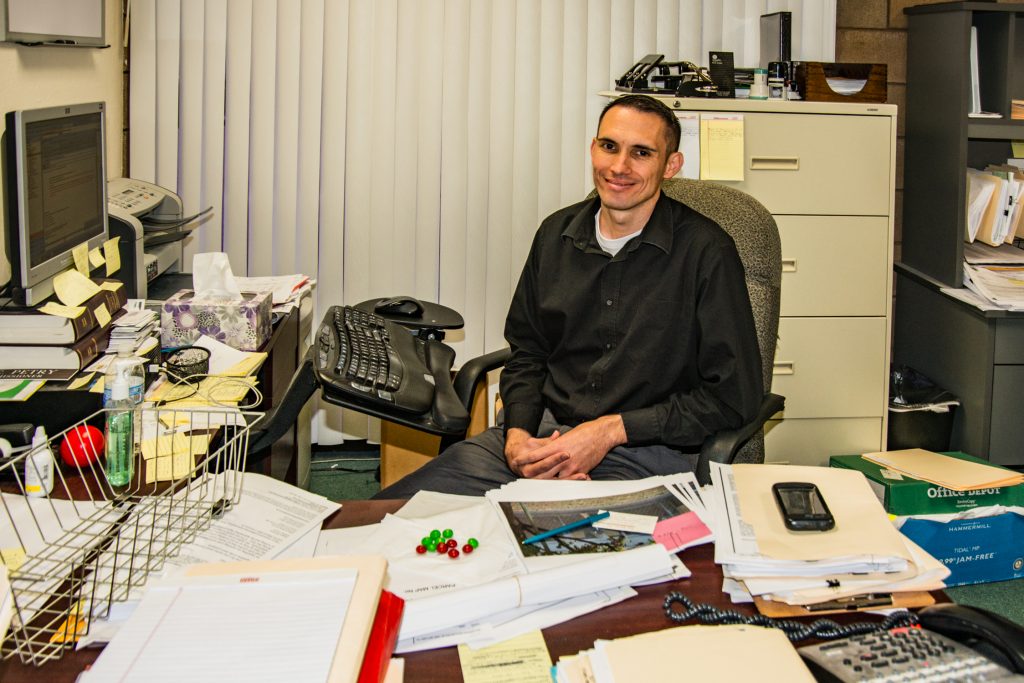
NWNL Hello, Mayor Silva. Thank you for this chance to discuss the source of Mendota’s water; how it is used for household consumption and agriculture; the impacts of drought and solutions you have considered and use for conserving water.
MAYOR ROBERT SILVA Today is the day of our monthly food giveaway. If you want to get a good story about water and food, talk to the government—that’s us. Talk to the farmers—that’s the people out there. Talk to the farm workers; and talk to businesspeople. Get the story of how this drought affects each of them. Then put that all together.
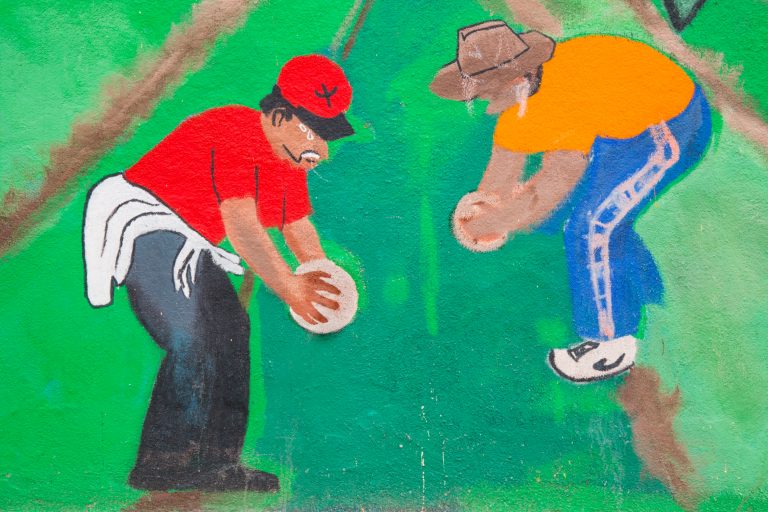
MAYOR ROBERT SILVA Getting the story out is my thing. I belong to the Latino Water Coalition where we keep water stored in the San Joaquin Valley. We started seven years ago, with elected officials, businessmen, farm workers and farmers all working together. We got behind a water bond. We were all over the State of California meeting with elected officials.
Many elected officials don’t mind water bonds. They just don’t want taxes. The Governor finally realized he had to do something. Now, we’re really behind this water bond that the people voted for in November. After many water rallies all over California. I was very much involved and have been so busy with that bond.
NWNL To start at the beginning, literally, where does Mendota’s water come from and how dependable are your water sources during this drought?
MAYOR ROBERT SILVA Well, that is a two-part answer. Mendota has its own water wells within the farming community. Our water wells are located near the San Joaquin River, supplying domestic water supplies. Its water quality is very good at this point.
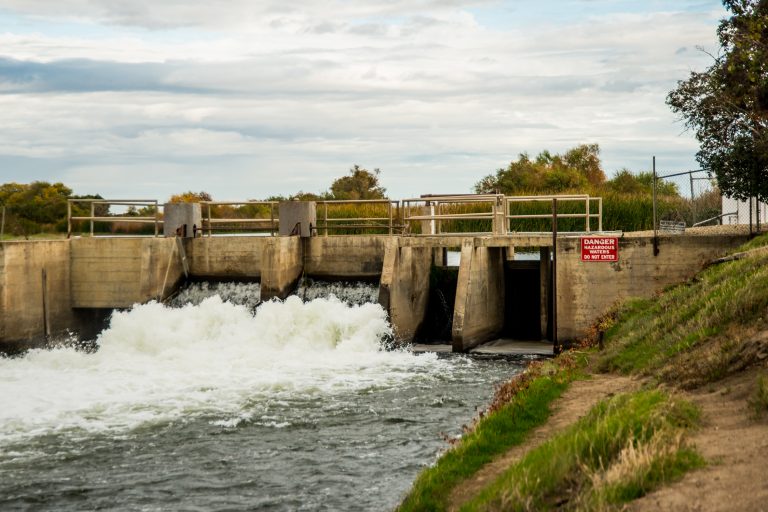
MAYOR ROBERT SILVA Mendota’s water district has zero water allocation, which means hardly anything comes down to us through the federal water system. When the water district does get water from the federal water system, it comes from Northern California. But when they cut the water off, it is a major problem for us because the farming community is cut off. It cuts jobs, and so in the last couple of years of this drought, we’ve had the highest unemployment in California – going up to 42% at times. That’s the problem we face now, because water cutoffs mean the farmers receive less water. That means less jobs because Mendota is a typical farming community.
Here in Mendota, because this area is so rich and fertile that everything grows, the majority of jobs are “ag-related.” [Editor’s Note: “Ag” is local vernacular for “agriculture.”] Whether driving a tractor or working in the sheds, all jobs here have derived from the farming community. So, when they cut the water off, it affected our city; and that’s why we have this major problem right now.
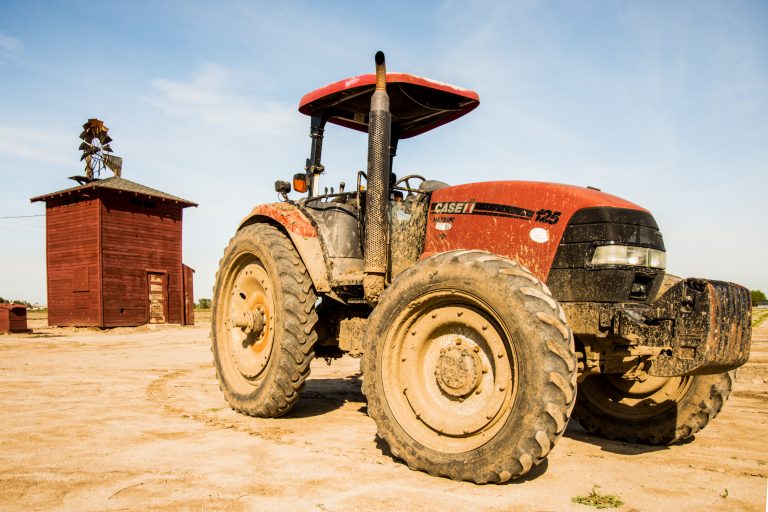
NWNL Please describe Mendota’s location in the Central Valley and the implications of that for your water supply.
MAYOR ROBERT SILVA We’re in the San Joaquin Valley, on the western side of Fresno County. We’re 35 miles west of the City of Fresno, and we are close to Interstate 5 and Highway 98 that comes through Mendota as a major throughway. A lot of traffic goes through our community. Mendota is growing and is a city on the rebound, despite our problems.
In the drought of 2009, there was zero water allocation. At that time, they cut off the farmers’ water. Nobody was prepared – and neither the Feds nor the State realized the impact when they cut the water off. People did not know where their next dollar or next meal would come from. There was no agency to feed anybody or bring food in. Mendota took it upon itself to get food and fiber for people until food banks got going. It was terrible, a terrible situation.
NWNL Was Mendota the only city hit in 2009, or was it a broader impact?
MAYOR ROBERT SILVA It was on a wide scale. The 2009 affected many communities.
NWNL Before we discuss the farming industry’s water source, what is the source of Mendota’s municipal water supply? The San Joaquin River, aqueducts, wells, or the combination of all three?
MAYOR ROBERT SILVA Mendota’s wells near the San Joaquin River hold very good quality water. Previously, we had very good quality water, but pesticides filtered into the groundwater, so we had terrible water years ago. Many times citizens came to us saying, “I can’t drink this brown stuff.”
Mendota is not a rich community. Many poor people live here, because most of the jobs are farm work. There’s not a lot of industry. Poor people can’t afford bottled water. However, we managed to put some funds together; relocated our water wells; and now the water is very, very good, very drinkable.
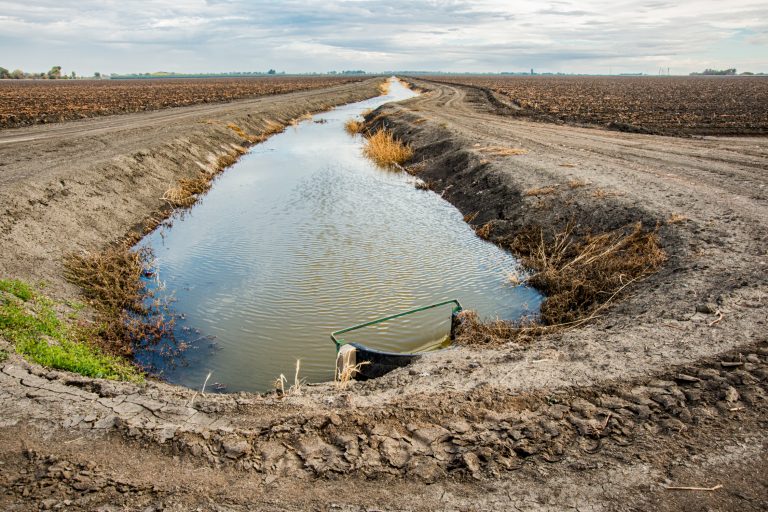
NWNL Are they deeper now than they were?
MAYOR ROBERT SILVA Well, one is a shallow well and one was dug real deep.
NWNL Beyond your municipal water supplies, where does farming water and ranching water come from?
MAYOR ROBERT SILVA Most of those water needs are derived from the federal water system, piped from the Delta up north into a canal system and picked up by various water agencies that supply the majority of water to the farmers. There are a lot of different kinds of wells out here on the west side of the Central Valley, and farmers pump from them to keep things going since their allocation was cut off. Now they’re using their wells to keep going.
NWNL Is any water taken from the San Joaquin River?
MAYOR ROBERT SILVA No. The farmers use what they call the “Mendota Pool Pumpers Formula.” All over the San Joaquin Valley, they dig wells next to the river. Well water runs into the river; and then theoretically five, six miles down the road it’s farmed across to a different direction, to different water systems or canals. Whatever water they use, they have to supply into the river. It’s a complicated thing. These various wells are scattered for miles.
NWNL Is this an approved process?
MAYOR ROBERT SILVA This has been allowed through the years—although it’s controversial, especially with the drought going on right now.
NWNL What are Mendota’s water needs for homes and farms threatened by today’s drought?
MAYOR ROBERT SILVA Our water aquifers are being depleted, and so there’s a lot of land subsidence, especially out here on the west side. But farmers need to do what they have to do. If they want to grow, they have to get water somewhere; so, they use a lot of underground water. Without that, there’d be no produce grown in the San Joaquin Valley. Then we all would have a terrible situation at the grocery store. People don’t realize that what grows here contributes so much – not only to California, but to the nation. I used to work in produce years ago in grocery stores, so I know exactly what happens.
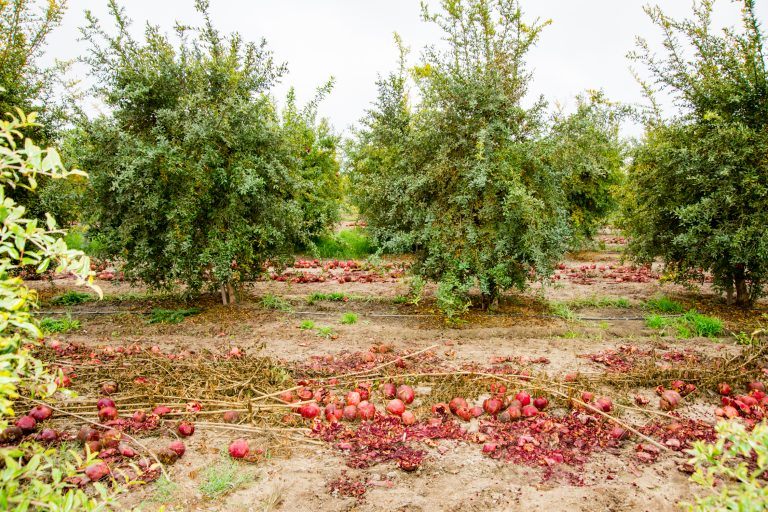
NWNL Are Mendota’s water needs in this drought limited by upstream extraction of water from the San Joaquin River?
MAYOR ROBERT SILVA No, that river doesn’t reach us anyway.
NWNL Ah. Looking at a wider water issue, how do you explain the relationship between Northern and Southern California’s water needs and the controversy over whether enough water is being pumped southward out of the Sacramento-San Joaquin Rivers Delta?
MAYOR ROBERT SILVA Environmental laws exist, and I understand that the environment has to be protected. But the Endangered Species Act has caused a big controversy in this state, since so much Northern California water is allowed to flow out into the San Francisco Bay and ocean to save the endangered Delta smelt. I’m talking about millions of acre-feet of water that could be brought this way to help the needy — especially in small towns like Mendota – to keep people working and fiber being grown. But existing laws protect certain species, such as the Delta smelt and certain sharks that need to have sufficient fresh water.
I think the problem is that Northern California folks think that it’s their water — which isn’t so. Because, who does the water belong to? It comes from Mother Nature. So, I believe that the water belongs to everybody.
NWNL How long has this drought been going on – and what is being done, or not done, to address its impacts?
MAYOR ROBERT SILVA We’re now facing a third year of drought, but still California is not capturing any snowmelt. We’re missing the opportunity to use that snowmelt, so a lot of it is going out in the ocean. We should be putting it into rivers and canal systems for delivery to cities and farms or municipalities. Everybody’s facing water cutoffs, but we’re not smart enough to capture some of this water.
That’s why we push this water bond. We could have Temperance Dam [Editor’s Note: the proposed Temperance Flat Dam on the upper San Joaquin River west of Auberry, California], and I think two other proposed dams in California, that would hold back that water in the wet years to release water in the summer, especially for recreation and things like that. We should have been thinking about those projects years ago, but nobody wants to build dams or reservoirs. That’s a problem. The money’s there, but it has to be used to help everybody in Northern and Southern California. Southern California’s doing a heck of a job right now trying to capture water runoff. Everybody should be working together – that’s my belief. I don’t care if you’re an environmentalist, a farmer, a businessman or farm worker. If we had put our heads together earlier, we wouldn’t have this mess right now.
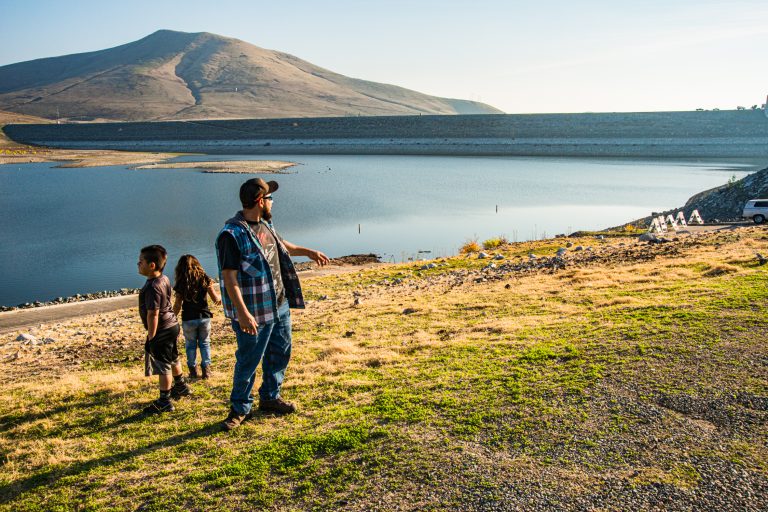
NWNL You’ve mentioned an issue highlighted in the book, Getting to Yes, a classic from the 1960’s with environmentalists clashing with a farmer until they found a little area where they agreed. That allowed them to expand their common grounds a bit further.
MAYOR ROBERT SILVA Through years of meetings and rallies all over, I’ve met folks from the Bay Area of Northern California. I always tell them about our situation, sharing what they don’t realize about the Central Valley water supplies. We’ve opened a lot of eyes to our need for water in the Central Valley. Many who live on the California Coast think there’s nothing eastward over the mountains. Many times, I’ve heard folks there say, “I think Nevada is over the hill.” But when they go to the grocery store to buy a bell pepper or a tomato, most of the times it’s grown here in the San Joaquin Valley.
NWNL You’ve mentioned California just passed a water bond. What is in that bond, and what do you think its impact will be?
MAYOR ROBERT SILVA Well, as a city leader, I’ve focused on what’s there for disadvantaged communities, especially communities poor in nature, with low income and not enough money to upgrade their water systems. We have a big mess here in the Central Valley. In some water districts, such as nearby Tulare County, people can’t even drink the water or take a bath. There’s not enough water. Wells are being depleted, but there’s hardly any money for that. But, with this water bond, there’s help for our disadvantaged communities.
Everybody’s water system has to be constantly upgraded. You can’t exist on pipelines that are 50 years old, contaminated with germs and everything else. The bond’s significance to the Central Valley is the creation of storage to save the snowmelt. We need to save water for our municipalities, environment and farms. We need to work together on that, so I’m really happy to see that this is in the water bond.
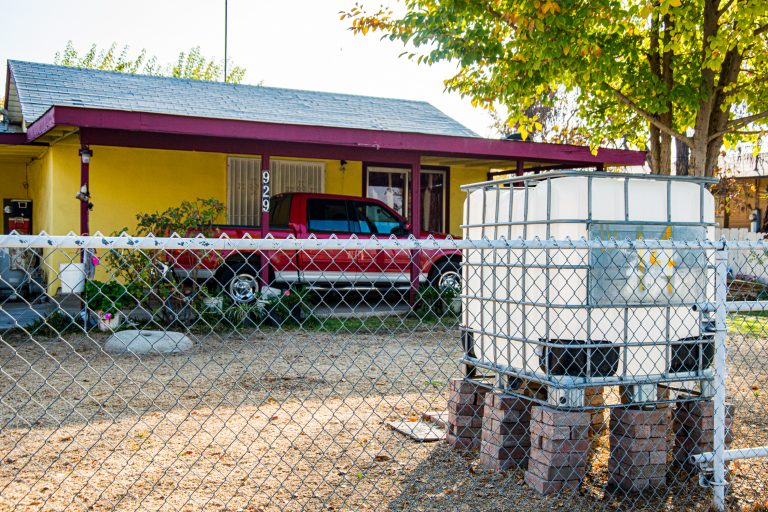
NWNL So the water bond provides money for disadvantaged communities, aging infrastructure, and also new storage reservoirs?
MAYOR ROBERT SILVA Exactly. We haven’t built any storage in probably 40 years. All while California’s population’s growing. If we don’t create reservoirs now, we’re going to have a major mess years from now.
NWNL Do you think that droughts will persist and even become more of a problem in future years?
MAYOR ROBERT SILVA I can’t predict that. I don’t know what’s going to happen next year, or two years from now. I don’t know Mother Nature. It’s a guessing game. But we can’t survive these droughts forever. It will affect everybody. If it keeps on going like this…. I’d hate to see it, because in this community at least, we cannot afford a farm worker or a farmer not to be doing their usual thing for the next couple of years. The farmers will go broke if they can’t have water to grow. Their workers will leave Mendota and go elsewhere. That’s a major problem. What will happen to their kids, mortgages, businesses? All that will be affected, because that’s the way it is in this valley. A lot of small communities like Mendoza use the ag labor to keep growing.
NWNL What drought impacts do you see? Do you have residents without water at home? I know East Portersville has that problem. Do you have that here?
MAYOR ROBERT SILVA No. Fortunately, our water system is in good supply. We get constant updates, talk about the conditions and have cut back. But that’s as far as we’ve gone. We’ve not limited anything; and you can see green grass and trees all over Mendota.
NWNL Are farmers and ranchers feeling a lack of sales or income yet?
MAYOR ROBERT SILVA Well, many farmer friends tell me they cannot go another year. They need to keep on growing to keep their business going. They say if they go through another year of drought with zero water, it will really impact them. Many will go out of business.
NWNL Are farmers of some crops having more difficulty than farmers of other crops? I hear that if you have orchards, you must water trees through the year to keep them alive; whereas, if you grow tomatoes you only have to water during their growing season.

MAYOR ROBERT SILVA Well, I’m not a farm guy, but Mendota’s biggest crop is cantaloupes. We are the “Cantaloupe Capital.” We have farmers here who have been here 70, 80 years who came from European countries knowing how to grow cantaloupes. But our cantaloupes could be heavily impacted by drought or water cutoffs. Of course, tomatoes are also a big crop here. Firebaugh has a tomato plant for ketchup and tomato paste. Broccoli is also big. But this lack of water stops everything.
NWNL What crops are being planted now? I understand people’s worries are mostly focused on next year, if the drought continues. Is that right? Or are they also losing money this year because of the drought?
MAYOR ROBERT SILVA I couldn’t tell you. Many of those guys out there, however, are telling me that they can’t afford another dry year.
NWNL Regarding this dry year, you mentioned the problem of ground subsidence.
MAYOR ROBERT SILVA Yes, there’s a little bit here in this city. But further west on Hwy 33 in the Three Rocks / Cantua Creek area, there are roughly 15 to 20 miles where the land goes up and down. Telephone poles are sinking.
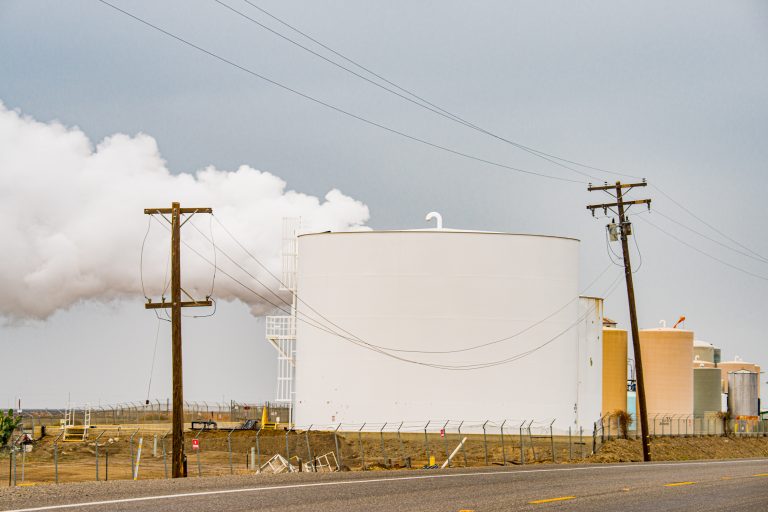
NWNL I understand that unemployment is a big drought-induced impact. You mentioned that Mendota’s unemployment rate during droughts can go as high as 42%.
MAYOR ROBERT SILVA Our 42% unemployment in 2009 made headlines all over the nation and the world. California had a lot of media attention, because one of the richest areas in the world had the highest unemployment. But as soon as people learned what water means to this area, they understood it.
The problem in Mendota is most of our jobs are related to agriculture. That’s where unemployment has its biggest impact, because as soon as farmers don’t have much to do, everyone’s unemployed – all of a sudden. People want to work; but if there are no jobs and farmers can’t grow anything, it affects us real big here in Mendota.
NWNL What is your unemployment rate at the moment?
MAYOR ROBERT SILVA It’s high – and a lot of crops have just barely finished growing – cantaloupes, bell peppers, corn and things like that. So right now we’re hovering around mid-30% unemployment. It’s nothing to be proud of. There are a lot of undocumented workers around here, and we have no data or statistics on them.
NWNL Do you think Washington DC’s involvement with the immigration situation will affect Mendota?
MAYOR ROBERT SILVA Yes. Diane Feinstein has been talking about it here in the Fresno area. Everybody knows there are a lot of undocumented workers in the Central Valley; but the thing is that nobody else is going to do the work. Nobody will do these jobs, so you have to have these folks. As soon as they start cutting off the border, the poor farmers are affected, because nobody wants to do that work. It’s sad when these farmers are struggling to find people to do the work.
There’s got to be some kind of happy medium to allow people to come into the US – or to let the folks here now stay and finish up what they want to do. Many of these people have been here for 25 years. They have a house. Their kids are going to college. They call them “the dreamers,” and it’s sad that, all of a sudden, they could be gone in 30 seconds. It’s sad.
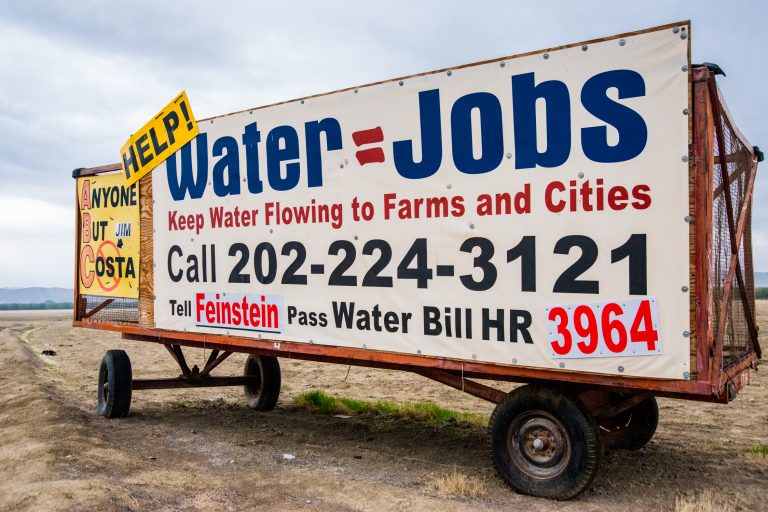
NWNL Has the drought affected your town’s economy? As we drove into Mendota, we saw beauty parlors, grocery stores, restaurants, mini-marts…. What’s happened to them, to your town economy, and to your tax base?
MAYOR ROBERT SILVA We’ve documented drought effects on Mendota and its businesses. When the city doesn’t grow, because people are not taking permits out to build various things. It hurts us all of a sudden. In 2009, the business community barely made a profit, but they hung in there.
Also drought raises crime rates. In our grocery store — we used to have two – there is a lot of shoplifting, a lot of people stealing things like medicine for their kids that they can’t afford. We stopped calling the police after a while; and instead, we worked hard to try to get medicine. One time we had people coming down from San Jose bringing baby diapers to help out.

MAYOR ROBERT SILVA Drought affects our economy in a lot of ways. Building permits stop. People can’t afford gasoline or traveling, so we lose our portion of gasoline tax. Drought affects us in many different ways, but we’ve learned to make sure Mendota doesn’t spend money unwisely. We’re very careful with the people’s money here.
Many people can’t afford an apartment. They move in with relatives. We see people living in garages and in the back yard. We can’t kick these people out, so we just turn the other way. Mendota is a story being told all over the San Joaquin Valley, showing what happens in a drought when high unemployment occurs.
NWNL I knew this was not going to be a fun interview. It’s terrible that Mendota’s going through this—and that East Porterville has 700 homes without running water. For years, I’ve seen drought impacts in sub-Sahara Africa; but when I started this project 8 years ago, I didn’t expect to be reporting severe drought crises in this country.
MAYOR ROBERT SILVA That’s what everybody says. We have food lines and food banks. Fresno County Opportunities Commission brings food to our community center. When people see all that, and the food lines that you just saw, they ask if we are in a third-world country. This is America! People are lining up for food. It’s unbelievable.
NWNL What did you learn from the 2009 drought, and than perhaps institute so you would be better prepared this time?
MAYOR ROBERT SILVA In 2009, nobody was prepared. When they cut water to the farming areas, we didn’t realize how badly it would impact our citizens. People came to me as mayor and said, “Help us out with this. Help us out with that.”
I didn’t know how to deal with it, because we’d never faced it before. As time went on, agencies started coming in. Church groups out of Fresno and nonprofit groups out of the Bay Area brought us what they could.
And the volunteers! Oh, my God! There were people coming in from everywhere. I was on TV stations in Northern California saying women were having a difficult time with getting baby diapers. So, all of a sudden, people started calling me to ask, “Can I bring you some diapers?”
“Yeah, bring them to me!” I said. Suddenly in the Community Center, we had baby diapers, baby medicine, health and beauty aids women couldn’t afford. If anybody called with an offer, we’d send a truck for pallets of stuff we gave out left and right. Nothing was planned. We just did it, and we survived it.
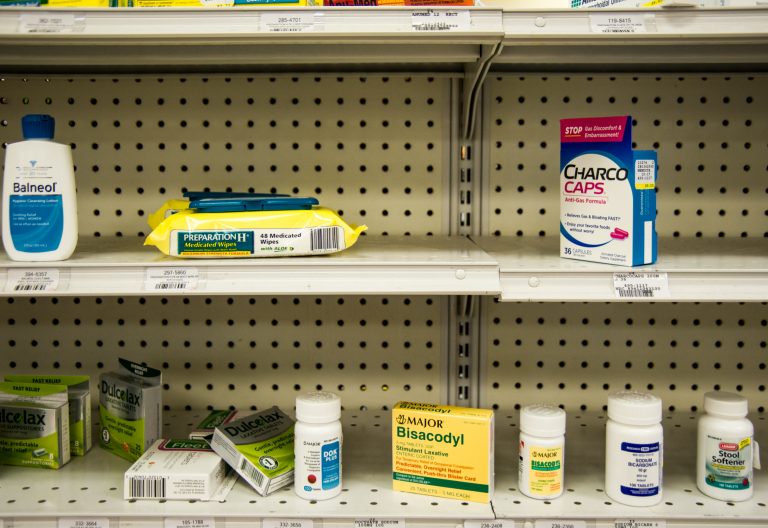
Last November, when it wasn’t raining and I realized that zero water allocation was coming, I thought, “It’s going to happen again.” So, right then, we got involved with all the different food agencies in Fresno County and set up big meetings to prepare and plan. We were not going to be caught short.
We were prepared. That is why, right now, it’s not as ugly for us as in 2009. People are getting food – although not enough. Remember, when people are not working, it’s not easy to pay rent, buy medicine, or afford other essentials. Those are things we work on. We also have agencies paying resident’s Pacific Gas & Electric bills.
We didn’t want to see the ugliness we saw in 2009. So, it’s not pretty now; but we’re very prepared.
NWNL That is the nice part of this interview and the good news.
MAYOR ROBERT SILVA Well, worse things could come around all of a sudden, because with less water to the farmers, there are less crops right now. With the cutbacks, there are not too many jobs out there right now; so, I don’t know what the effects may be two weeks from now.
No planning can be done until springtime when the farmers start planting. We don’t know what’s going to happen, so it could be even worse. So far, the future looks very bleak for everybody. We may make headlines all over again, I don’t know.
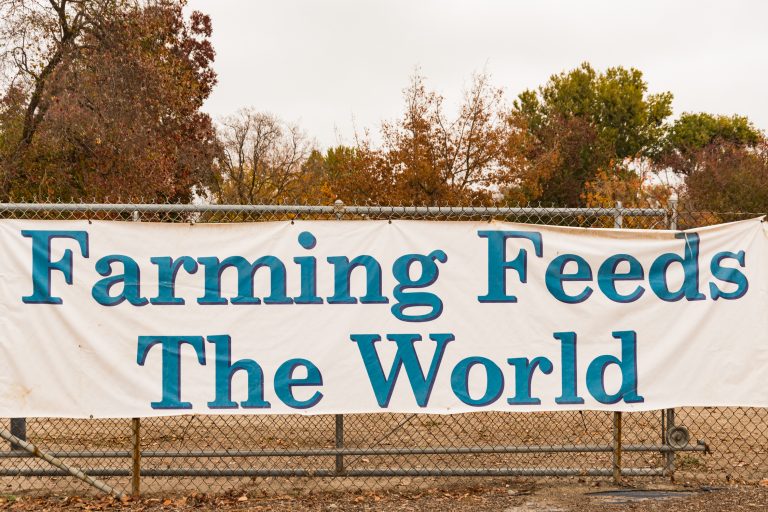
NWNL Is the big solution to your drought cycles a provision of more water via new storage basins?
MAYOR ROBERT SILVA Well, yes, but that would take many years.
NWNL Then what is your short-term solution?
MAYOR ROBERT SILVA One thing would be to change some of the Endangered Species Act. Diane Feinstein did that in 2010, which helped greatly by bringing a little bit more water from Northern California.
Everybody should work together. People from outside, who see the ugliness of suffering in Mendota, Firebaugh and other places in the Central Valley, say it is unbelievable and shouldn’t be happening. Working together is the short-term solution we should be working on.
NWNL If things don’t improve, you say people will have to leave. Have you experienced an exodus of residents already?
MAYOR ROBERT SILVA In 2009, we felt people were going to leave, because they had to travel very far for a job: 100 miles, travelling for 1-2 hours a day, just back and forth. So, we thought that we were going to lose people.
In 2009, we were at 9,700 population. The 2010 Census then came out at 11,000 plus. So, people didn’t leave. They roughed it and they stayed. Our housing still continues to grow. Permits are still being pulled for additional housing since apartments are constantly full. Businesses are coming into the community.
Now, we’re trying to stop relying so much on ag. We’re working hard to bring any kind of industry to the area. I think in the next ten years you’ll see a change, because we just can’t rely on just farming. We need to diversify this area. We now have tomato factories and packing sheds in our outlying areas. Our melon and corn sheds employ a lot of people. The biggest employer is our four schools.
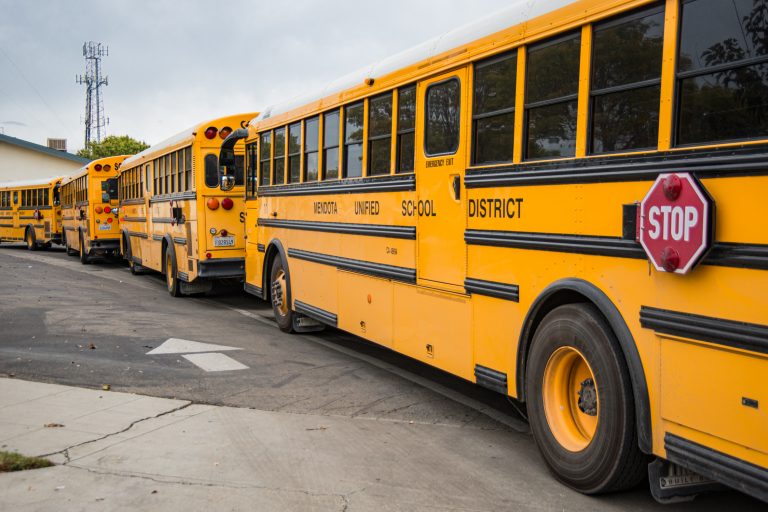
NWNL What kind of industry are you thinking about?
MAYOR ROBERT SILVA Anything. There’s a federal prison out here on Highway 33. It doesn’t employ very many people, but they buy things in Mendota. When the Feds built the prison, they built water and sewer infrastructure that we can utilize and expand on for our needs. We’ve been asking if they want to donate land for an industrial park that would help our community.
NWNL Mayor Silva, we share your hopes that Mendota will become a thriving city. Meanwhile, we wish you rain and positive solutions during this difficult cycle of drought. Thank you very much for your time and thoughtful insights.
Posted by NWNL on June 2, 2021
Transcription edited and condensed for clarity by Alison M. Jones.
All images © Alison M. Jones. All rights reserved.
